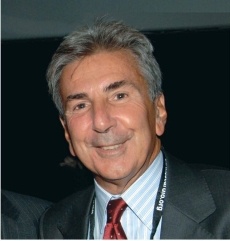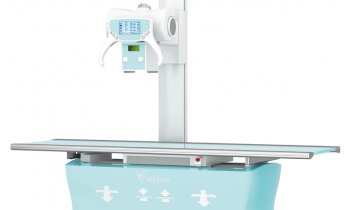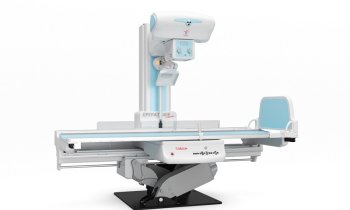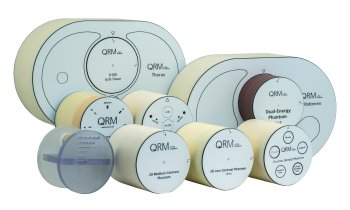From cell to man to society
"We have taken particular care in organising the ESC Congress, as we are aware of the stringent competition with other congresses in the light of economic difficulties" ,said Professor Roberto Ferrari, this year´s Congress President. The result is that there will be 500 hours of ESC peer sessions, over 100 hours of industry sessions, accreditation by the European Board for Accreditation in Cardiology (EBAC) and European Accreditation Council for Continuing Medical Education (EACCME), and a bigger exhibition than ever, with over 13,000 square metres.'

We have received a record of almost 10,000 abstracts, 99 abstracts for Hot Lines (HLs), 98 for Clinical Trial Updates (CTUs), and we are hoping to attract 30,000 attendees.’
Participants would also be able to meet the experts and researchers after the Hot Line presentations and attend the Focus Sessions, with live transmissions and practical information, as well as the Basic Science State-of-the-art and Translational Track sessions.
‘This year, the highlight is Prevention of Cardiovascular Disease: from Cell to Man to Society. Consequently, we have organised 50 separate sessions in a special prevention track and the Spanish Society of Cardiology will run a public awareness event on prevention in the city of Barcelona,’ Prof. Ferrari added.
The professor also announced the new European Heart for Children initiative, which he proudly pointed out originated from his wife. ‘It will be carried out mainly by the partners of Board members and of the ESC leadership,’ he explained. ‘It is a humanitarian action focused on those ESC countries where treatment of congenital heart disease is problematic. The idea is simple and straightforward: several medical missions will be conducted in a given country to show the medical and political community that it is possible to treat children with congenital heart disease. Thereafter, taking advantage of the training programmes of our Society, we will encourage the local doctors and allied professionals
to be trained in the more advanced countries as we continue our missions. The final step will be to help these countries both financially and professionally, and to establish a small unit for the treatment of congenital heart disease. The project is endorsed by Association for European Paediatric Cardiology (AEPC) and will be conducted in partnership with other associations already operating worldwide.’
01.09.2009










